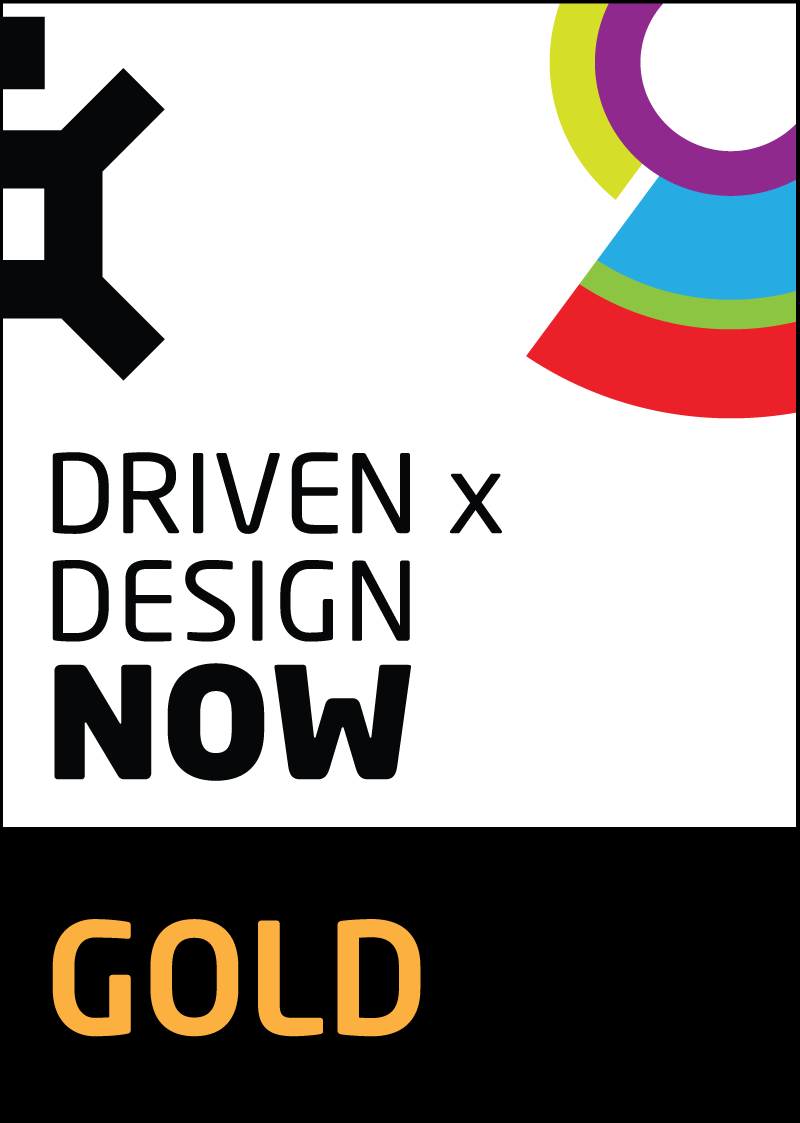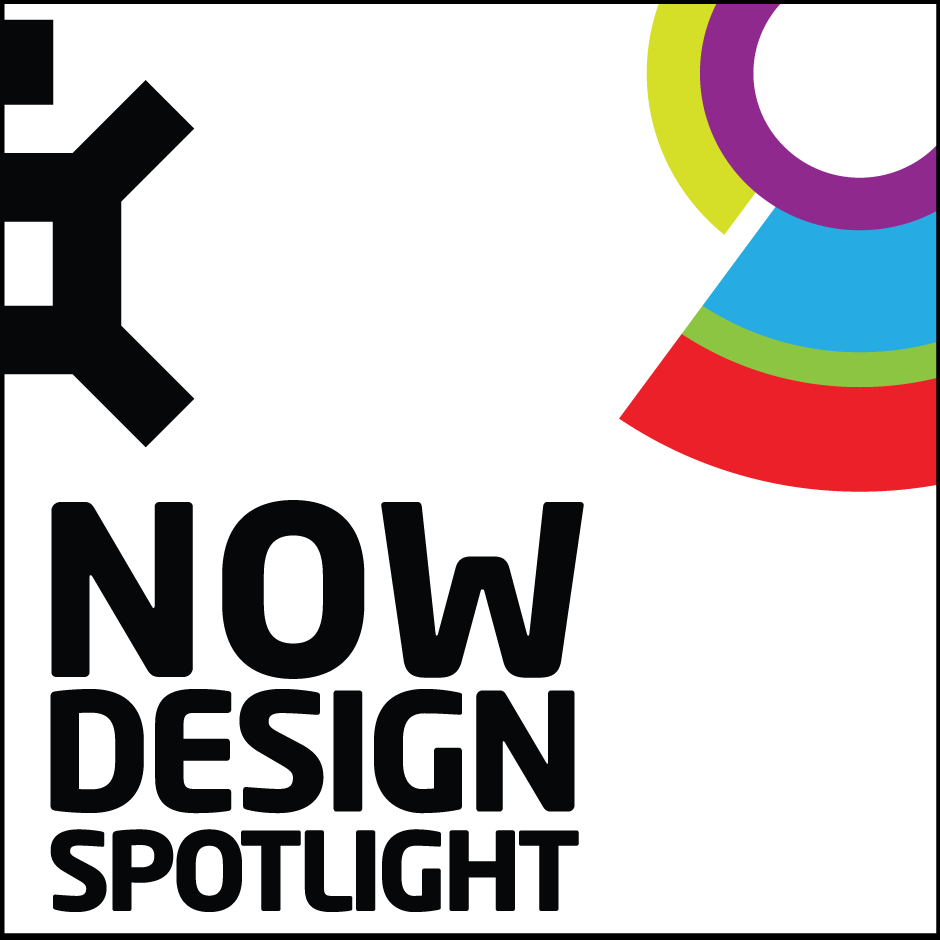








Image Credit : University of Sussex

Project Overview
MarinaTex is a versatile and sustainable material that can be an alternative to plastic in a variety of applications.
Organisation
Project Context
MarinaTex was created as a final year project by Lucy Hughes at The University of Sussex. Studying Product Design, Lucy developed an interest in utilising waste products and looking to nature for inspiration.
Through a university tutor, Lucy got in contact with MCB Seafoods, a fish processing plant and wholesaler in Newhaven. A tour of the plant identified various waste streams to work with including: offal, blood, crustacean & shellfish exoskeletons and fish skins & scales. After researching the different waste streams, it became apparent that the fish skins and scales had the most potential locked up in them, due to their flexibility and strength enabling proteins.
It took over 100 different experiments to refine the material and process. Once this produced a constant and plastic-like outcome, Lucy then looked into best applications. As the material is biodegradable and translucent, the most impactful alternative applications were single-use plastics like that of the bakery bag and sandwich packet.
Project Innovation
MarinaTex is a translucent and flexible sheet material made from all natural ingredients. It does not require special infrastructure to dispose of and can biodegrade naturally in 4-6 weeks. This makes it ideal for applications in packaging. To the touch, MarinaTex feels a lot like plastic, but the similarities end there. In fact, it is stronger, safer and much more sustainable than its doppelgänger. The material is relatively low tech and does not require much energy to produce. The whole production process uses temperatures below 100 degrees. As the material uses waste from the fishing industry, this helps to close the loop for a more circular design.
MarinaTex is unique for multiple reasons. Compared to its main competitor plastic, MarinaTex can fully biodegrade in home food recycling bins or home composts without leaching toxic chemicals into the environment. Another competitor is PLA bioplastics. These bioplastics can only be composted in specialised industrial facilities and have been contaminating mainstream facilities resulting in compostable waste being sent to landfill. MarinaTex will not contaminate these facilities due to different chemical structure. Another unique feature about the material is that it is part comprised from a waste stream. This reduces strain on resources and diverts waste from landfill. It is also part comprised of a sea plant. This crop does not need fresh water or fertilisers to grow and locks in carbon. Furthermore the material has been shown to have a higher tensile strength than LDPE at the same thickness, this shows that the sustainable option does not sacrifice quality.
Social and Community-Oriented Design - Systems
Social design applies a design methodology and intervention to tighten the social fabric that holds us together. Addressing issues of social inequality, such as poverty or social isolation, social design is the pathway to a more just and sustainable society. Community-oriented design is a human-centered and participatory design practice that emphasises the betterment of local communities through the improvement of public facilities, equipment, identity and experience.
All systems are designed to serve a purpose – and that purpose is to serve people. Systems design optimises systems performance by systematically focusing on the human component - human capacities, abilities, limitations and aspirations.
More Details


